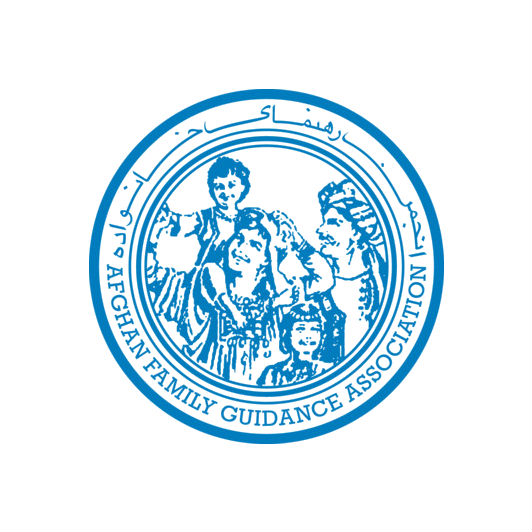

| 31 March 2016
Afghan Family Guidance Association
The Afghan Family Guidance Association (AFGA) was established in 1968 and today delivers a comprehensive range of sexual and reproductive health services and programmes. The country has some of the poorest sexual and reproductive health (SRH) statistics in the world, including: 1 in 8 lifetime risk of maternal death 13% of women aged 15-19 give birth annually 28% of children die before they reach their 5th birthday In the light of such fierce challenges, AFGA’s work is vital. Activity was suspended between 1992 and 2002 owing to war and conflict, but now the organization has permanent clinics and mobile facilities. AFGA’s Family Welfare Centres (located in Kabul, Herat and Jalalabad) provide information on contraceptives, and free contraception; counselling on family planning, adolescent health and HIV and AIDS prevention and treatment; antenatal and post-natal care (where no government-run facilities are readily accessible); screening and treatment of sexually transmitted infections (STIs); basic infertility treatment; and referral of complicated cases to hospital departments. Contacts Website: www.afga.org.af Facebook https://www.facebook.com/afganfamilyguidance
| 31 March 2016
Associação Guineense para o Bem Estar Familiar
Guinea-Bissau is one tenth the size of its neighbour Guinea-Conakry, but its people suffer equally distressing sexual and reproductive health (SRH) problems. The Associação Guineense para o Bem Estar Familiar was established in 1993 to address the major issue in family planning: equipping couples to make active, informed choices about the number of children they would have, and when they would have them. Since then, the Member Association’s work has expanded to embrace a full range of SRH concerns. It provides young people with information, education and communication (IEC) and behaviour change communication (BCC) around sexual and reproductive health; it works on the prevention, diagnosis and management of sexually transmitted infections (STIs) includind HIV; it provides post-abortion care and support; it provides care for victims of gender-based violence (GBV); and it advocates strongly at government level for legislation to prevent GBV. Associação Guineense para o Bem Estar Familiar achieved these results through a small but committed team that operate over hundred service points, including static clinics and community-based service points. Despite the relatively small size of the organization, it is growing rapidly with strong central support from IPPF, influential government partnerships, and backing from non-governmental organizations including UNFPA.







